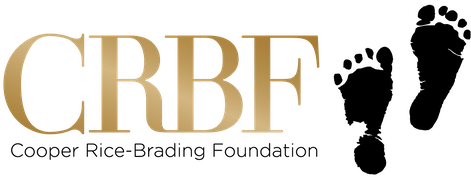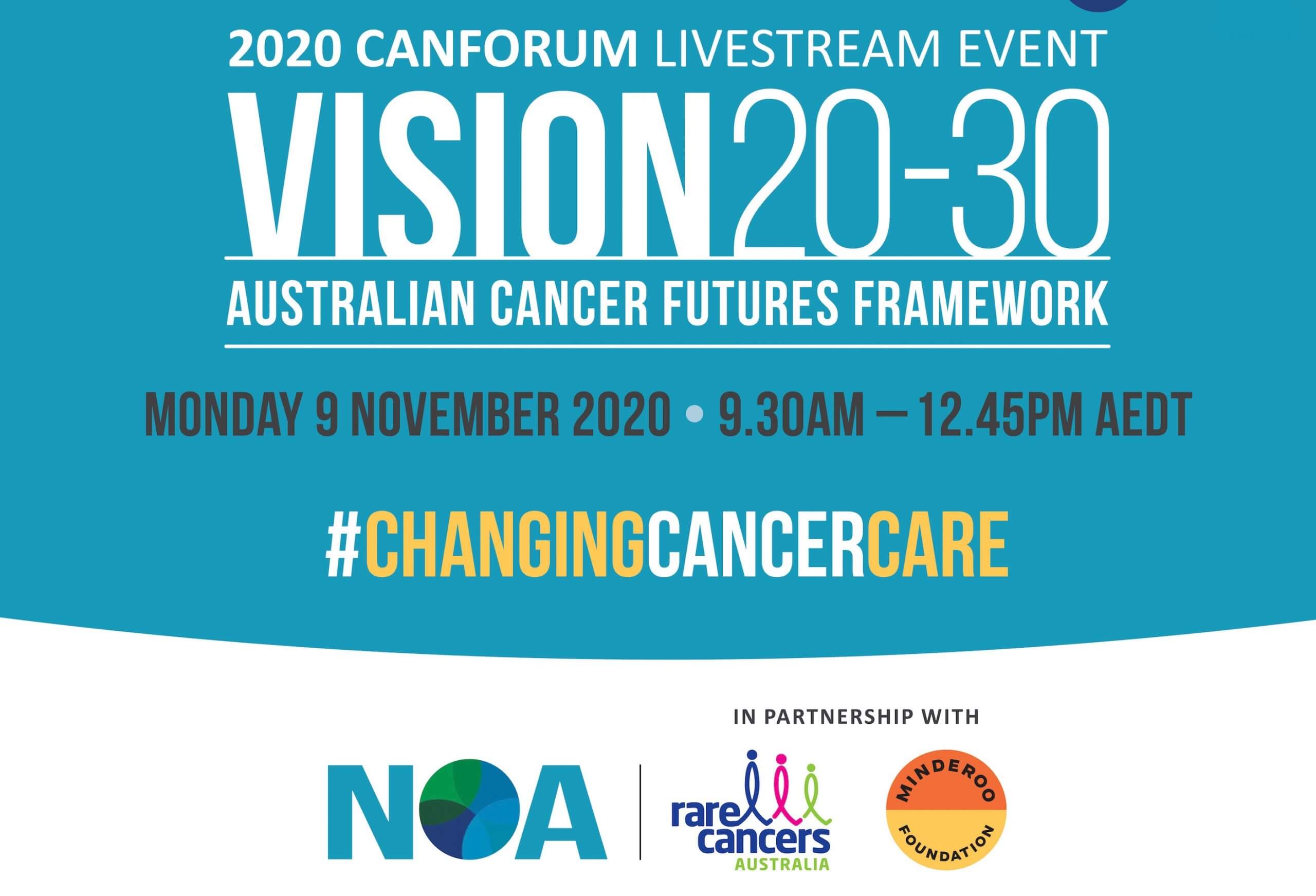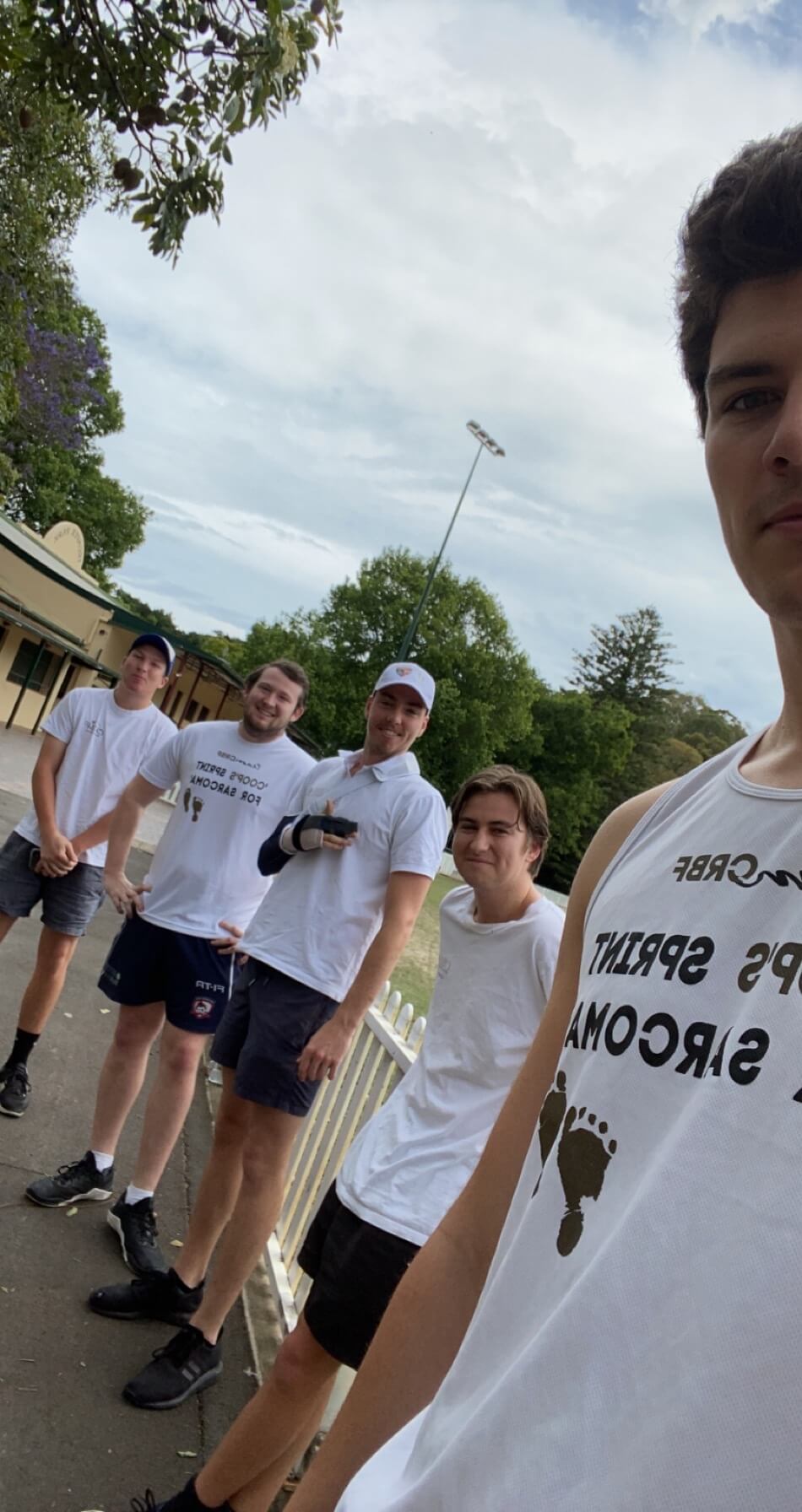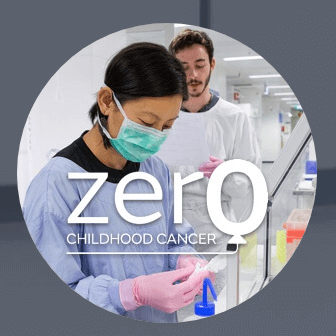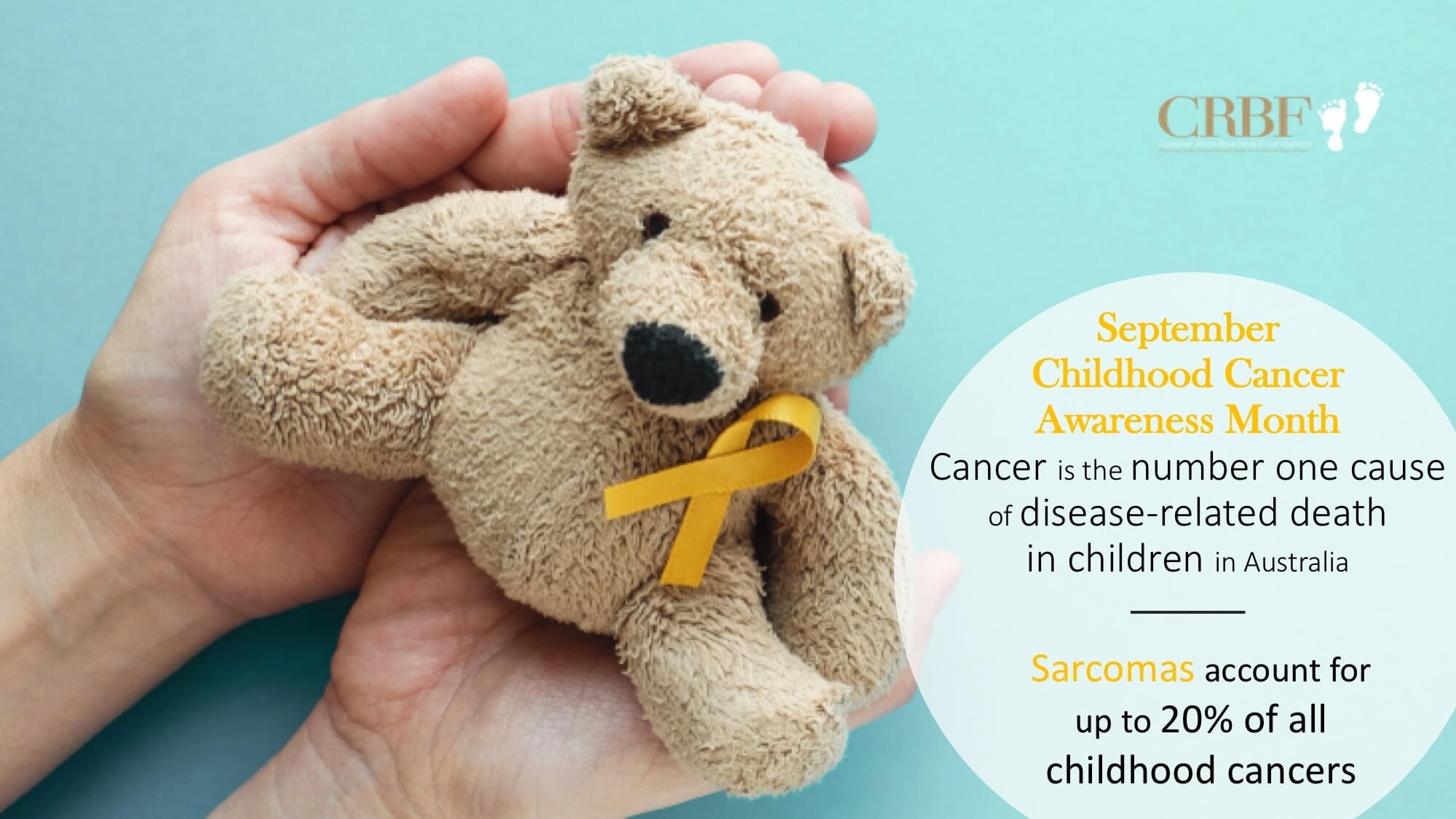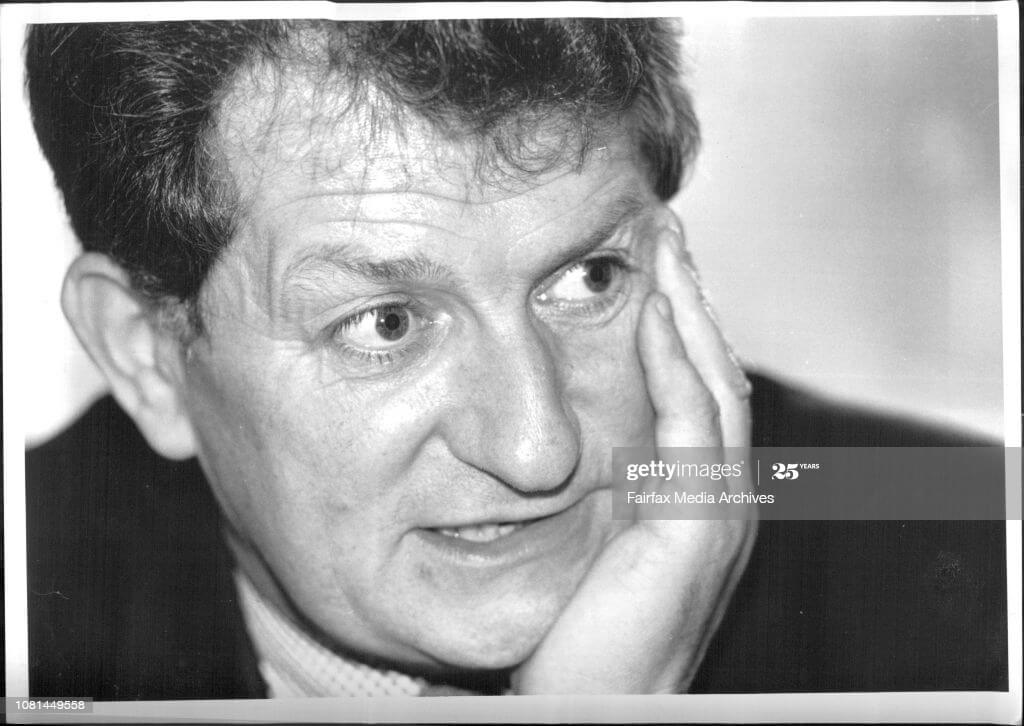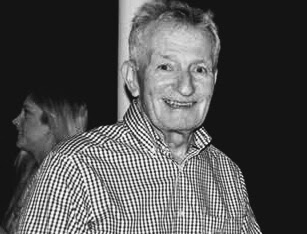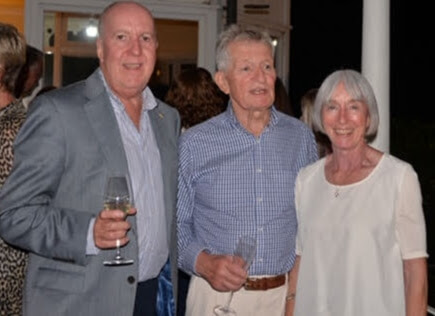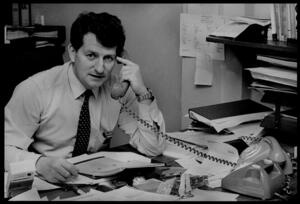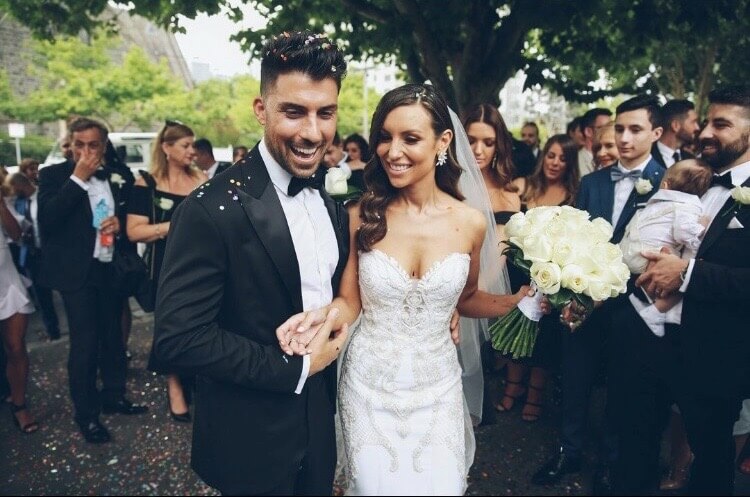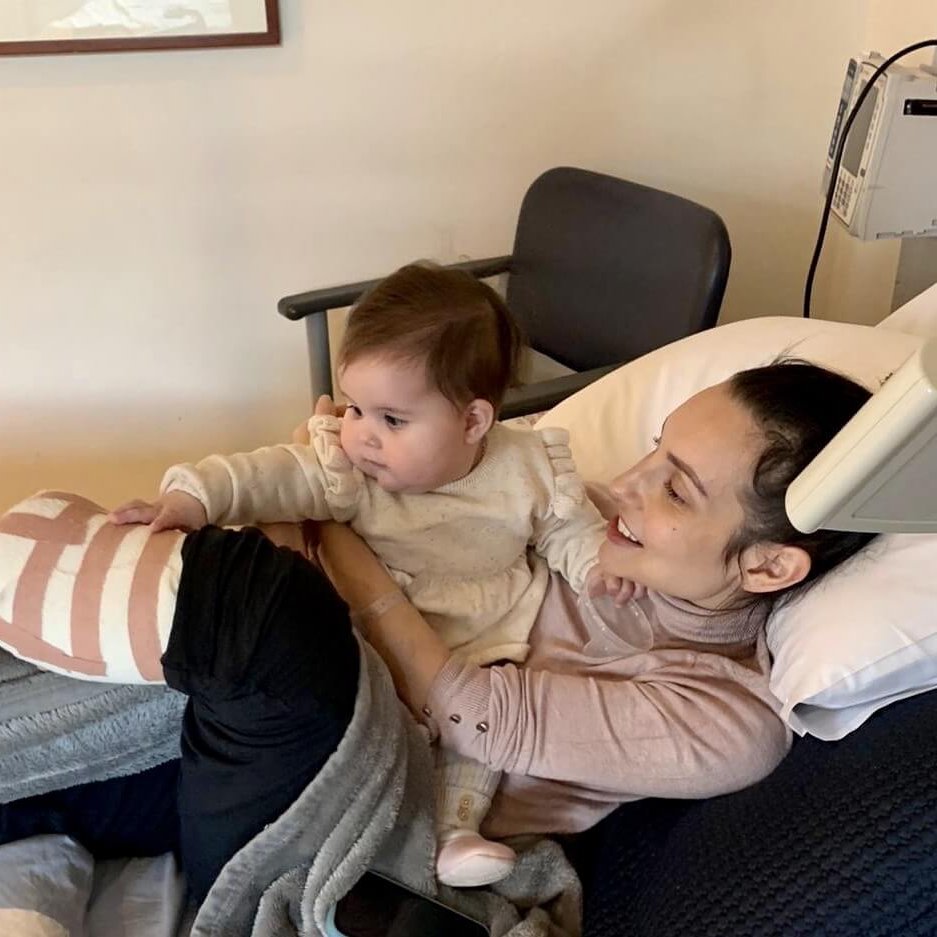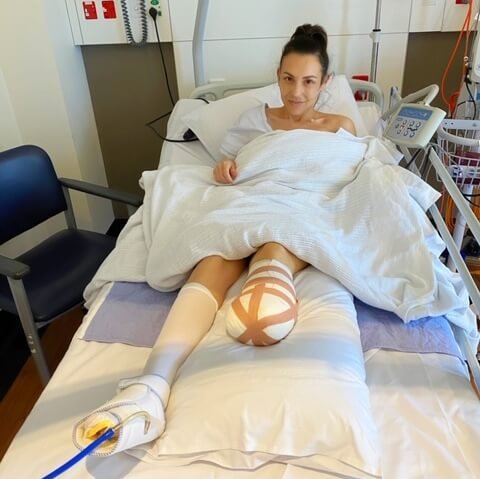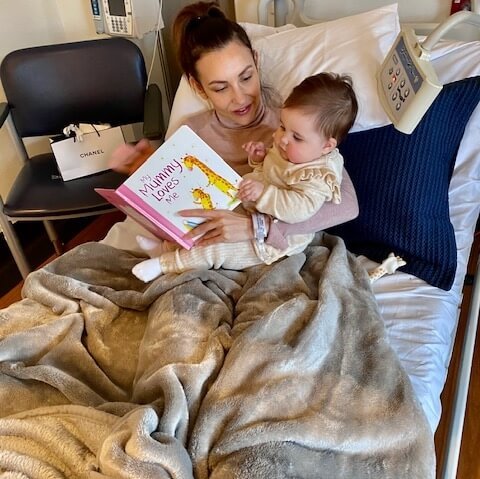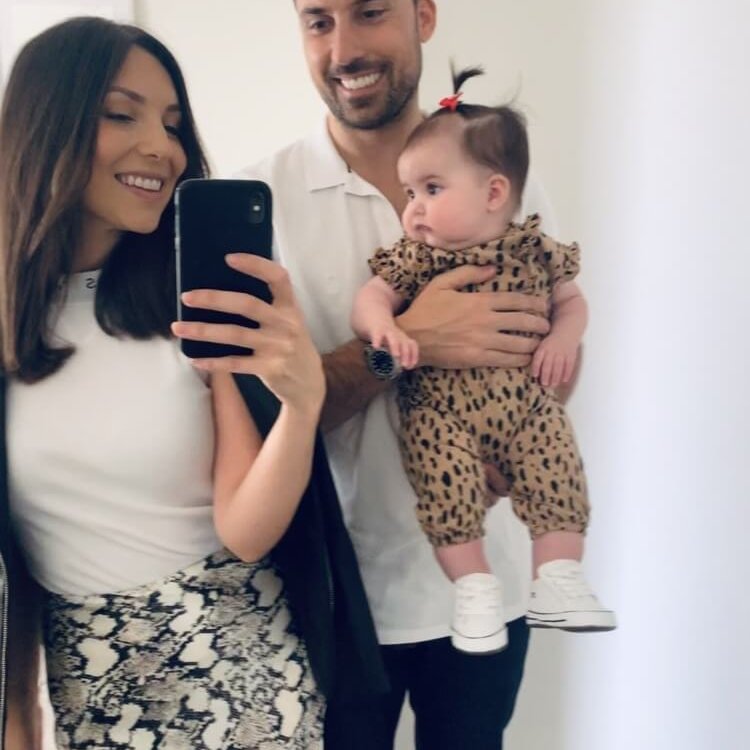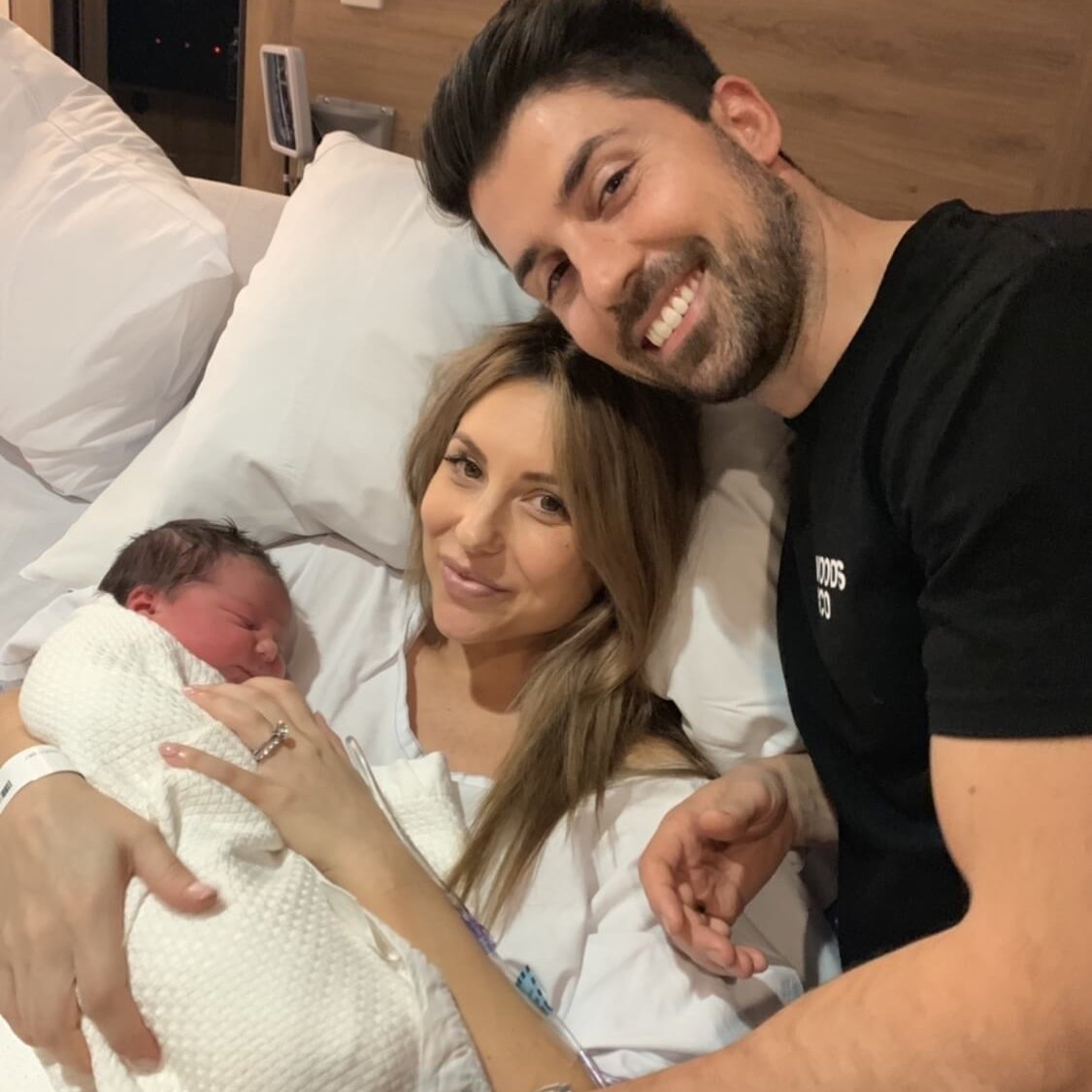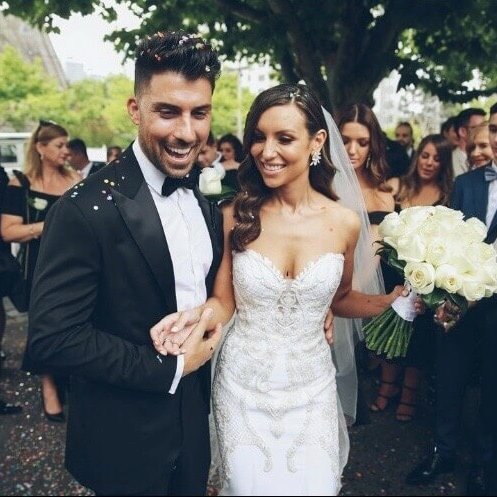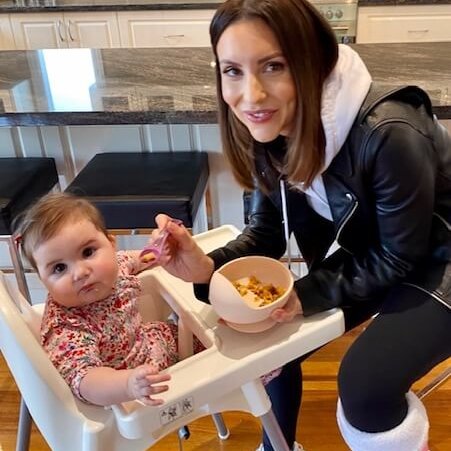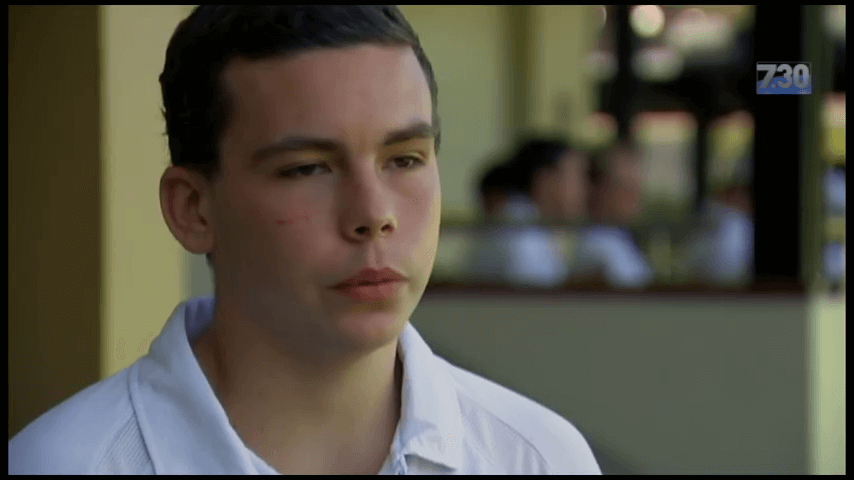At CRBF we have the privilege of working with remarkable individuals every day of the week.
A plethora of adjectives fall short of accurately describing the sarcoma patients we work for. Inspirational, remarkable, resilient, outstanding, courageous. Each of these words go some way toward describing those we know who are living with a sarcoma diagnosis.
Georgie Kats is one such young woman. This young Advertising Director’s story not only resonates deeply, it serves as a stark reminder when we face adversity in life, it is up to us as to the extent that adversity defines us. For Georgie, that choice was clear, it was to embrace the hand of cards she has been dealt. In her own words “I’m choosing to live a happy and fulfilled life. It may not be exactly how I imagined it to be. But I am happy and grateful to just be living each day. Perspective is a beautiful thing.”
I remember reading about Georgie. I reread the article (link below) over and over. I felt an overwhelming sense of sadness and angst – not from her words, but from what she has been forced to endure, at what arguably should have been one of the happiest times of her life. The family photos of Georgie, her husband Chris, and her precious daughter Antonia, resonated so deeply with me, as I expect they did with everyone who read this article.
Amidst the horror of a sarcoma diagnosis was a love story. The love between two young people, and the unconditional love for their newborn daughter.
An unremarkable bump on Georgie’s foot appeared toward the end of the pregnancy. Listening to sage advice from her mum, she did the right thing, and immediately brought it to the attention of her gynaecologist who felt it was nothing more than a cyst which could be addressed post pregnancy. The cyst however continued to grow, after the birth of Antonia, Georgie sought advice from her GP, who concurred it was most likely a cyst, and referred her to an orthopaedic specialist, who also felt the lump, which was now significant in size, was in fact a cyst.
It was not until the cyst began to interfere with Georgie’s favourite shoes, she decided to have it removed. It was once this procedure began, the clinician realised he was dealing with something sinister, and arranged a battery of tests and scans. A localized Myxoid Liposarcoma was diagnosed.
28 sessions of radiation began, followed by surgery, which resulted in partial limb amputation to enable life saving radical margins, and a very promising prognosis.
You couldn’t blame Georgie if she felt bitter, cheated, and disillusioned after a Myxoid Liposarcoma diagnosis was confirmed months after the birth of her first child, Antonia. For those of us who have been blessed with children, we all remember the euphoria of those magical months post birth. For Georgie, and her partner Chris however, it was bittersweet rollercoaster, as the challenges and reality of a sarcoma diagnosis were realised.
Georgie, and Chris have become the poster couple for positivity, and love conquering all.
Georgie has become a great advocate for our younger patients, sensibly educating others through social media, encouraging young people to take charge of their bodies –“ I want young adults to take control of their health. We have to grow up and learn to notice if something changes and doesn’t feel or look right. Educate yourself and be proactive with your health. Because at the end of the day none of us are invincible and we are never too young.”
The takeaways from this story are endless. Three separate clinican’s visits all with the same outcome. Georgie’s persistence arguably saved her life. She personifies the issues that are all too common. Sarcomas are rare cancers, they are sinister, and they are often misdiagnosed. Valuable time can often be wasted until the correct diagnosis is made. It is so very important to know your own body, and if a lump or bump appears without reason, and it does not go away, it needs to be checked by a physician.
If you are not happy with management of an unexplained lump or bump, it is your right to seek a second opinion. You are your own best advocate.
The final word in this article however, should be left to Georgie.
“When I lost my leg to cancer. I had no idea what to expect. As they were wheeling me into surgery in early May 2020, I just cried the whole way into the operating room. Even when they were putting me to sleep I remember tears were streaming down my cheeks. The sadness was overwhelming.
After the surgery was an adjustment. Especially during the first few days when I would forget I only had one foot and would fall straight on my behind. Then a week or so later I found myself smiling and I remember thinking to myself, you just got your leg chopped off why are you smiling. But then I thought. Why shouldn’t I smile? It’s a privilege to do so. It’s a privilege to still be alive.
I don’t know what my future holds. But I don’t feel disabled. I feel alive. I feel strong. I feel capable.“
We wish Georgie, Chris and Antonia all the wonderful things life has in store…
https://www.dailymail.co.uk/femail/article-8386437/Soft-tissue-sarcoma-Georgie-Kats-welcomes-child-battles-rare-cancer-loses-leg-32.html
Follow Georgie on Instagram @Georgie_Kats
